The Assessment Centre
The Psychology & Consultancy Group provides assessments for every stage of life. Assessments are tailored to meet individual needs. An assessment process is completed and then a report will be written. The report will explore strengths and challenges that may result in a diagnosis. We also include strategies and supports that may assist someone with moving forward. It is important to us to get to know the person we are assessing. We will discuss interests and goals, and make sure the client's voice is heard. Our assessments use a strengths-based approach and include:
Our assessments include:
1. Background information is collected. This includes a review of previous reports, interviews with the individual, and other important people (such as family members or teachers)
2. Administration of psychometric instruments and standardised tests by a Psychologist
3. A report is written and provided during an assessment feedback session. An assessment feedback session is used to explain the report, provide recommendations and give an opportunity for people to ask questions and clarify information.
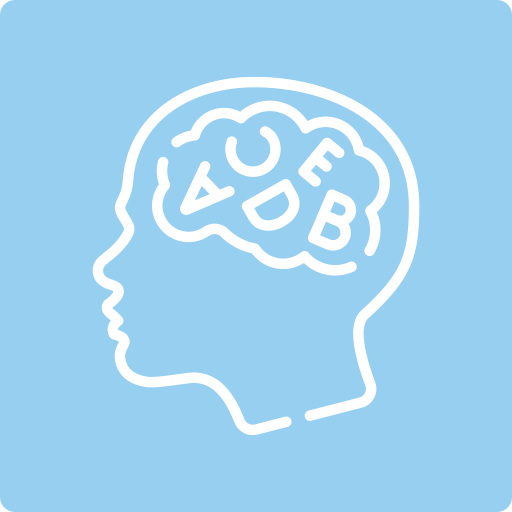
Autism Assessment
An autism assessment process involves:
- Interviews with parents, carers, and family members.
- Interviews with other Allied Health providers and/or teachers.
- Review of Allied Health medical and education reports.
- May include screeners.
Gold Standard Assessments
ADI-R - Autism Diagnostic Interview-Revised
ADOS - 2 Autism Diagnostic Observation Schedule - Second Edition
The report will contain a summary of the process, and the instruments used and can assist in navigating the way forward with other providers such as the NDIS.
Individuals who have an existing diagnosis of autism but are seeking more information from an external body such as the NDIS may request an autism assessment review. People in times of transition such as those preparing to leave school may seek a review assessment in order to document current information about social skills, behaviour, everyday living skills, and current support needs.
Autism assessments take 2 to 6 hours and may be conducted over one day or over a few days in negotiation with the person/s requesting the assessment. The final report will clearly outline results and recommendations which will be shared in the subsequent feedback session.
Assessment Tools Use In An Autism Assessment May Include:
- Autism Diagnostic Observation Schedule- Second Edition (ADOS-2)
- Autism Diagnostic Interview-Revised (ADI-R)
- Vineland Adaptive Behaviour Scales- Third Edition (Vineland-3) or Adaptive Behaviour Assessment System- Third Edition (ABAS-3)
- Screening questionnaires for mood and other presenting issues
The clinician will select the most appropriate assessment tools for the individual’s situation and presentation.

Academic Learning Assessment
Academic learning assessments help to support children, adolescents, and adults in educational environments and can tell us information about their learning skills and knowledge. We use the Wechsler Individual Achievement Test (WIAT) which is designed to assess academic performance, along with a cognitive assessment, clinical interviews, and observations. These assessments can assist with the diagnosis of neurodevelopmental disorders and specific learning disorders such as a specific learning disorder in reading, also known as dyslexia. This assessment process will also take into account other external factors, such as sleep, bullying, home support, motivation, friends, rapport with the teacher, technology use, and engagement that may be impacting learning at any age.
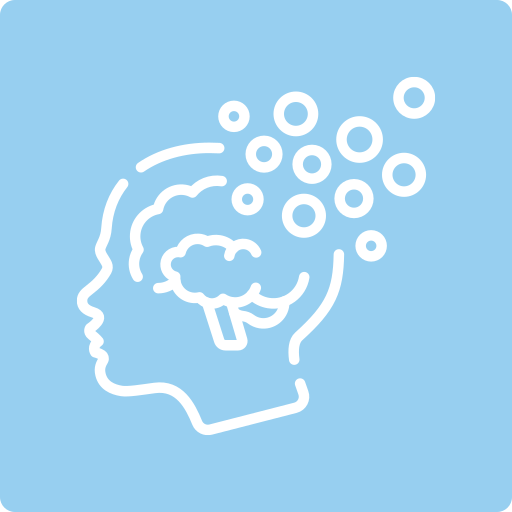
Memory Assessment
A memory test is one part of a neuropsychological assessment process that will be tailored to each individual’s needs. Our process uses the Wechsler Memory Scale for adults and the Children’s Memory Scale for children. The process also includes interviews, observations, and further cognitive, learning, and behavioural assessments.
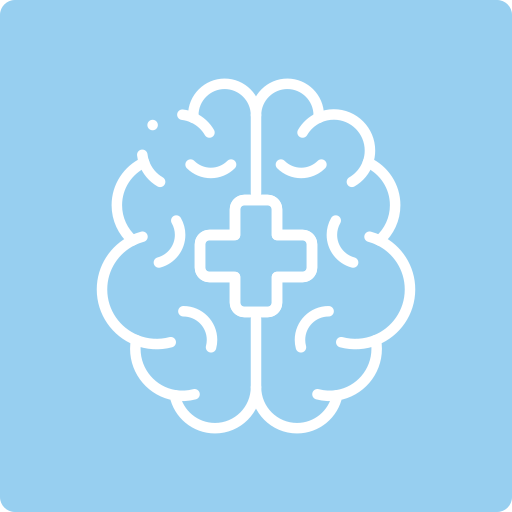
Mental Health Assessments
Mental health assessments are for investigating various mental health concerns such as:
- Anxiety
- Depression
- Schizophrenia
- Bipolar
- Eating disorders
- PTSD - Post Traumatic Stress Disorder
- FND - Functional neurological Disorder
- OCD - Obsessive Compulsive Disorder
- Phobias
This is an individualised process that involves screeners, one-on-one sessions with a clinician, and information from other health professionals.
- Autism
- ADHD
- Learning concerns such as dyslexia)
- Thinking skills with cognitive assessments
- Trauma-Informed Assessment - - Foetal Alcohol spectrum disorders
- Memory assessments
- Assessments related to trauma such as PTSD
- Mental health and personality assessments
- Employment Screening
- Workplace training for mental health needs that are tailored specifically to your workplace.
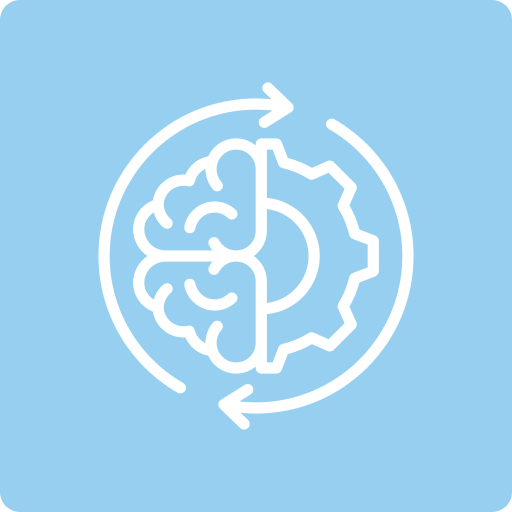
Cognitive Assessment
Cognitive assessments are also known as IQ tests which help to determine an individual’s learning capability by identifying cognitive strengths and challenges and can assist with the development of individualised support and learning plans. They are often requested by schools in order to provide additional information about support needs prior to school entry and are helpful if there are concerns about an individual’s learning abilities or capacity to be independent. They are also often requested to support NDIS applications and funding so that support and interventions are as relevant and helpful as possible.
A cognitive assessment generally takes 1 to 1½ hours. Using the Wechsler intelligence scales, with the exact assessment depending on the individual’s age:
- Wechsler Preschool and Primary Scales of Intelligence- Fourth Edition, Australian Adaptation (WPPSI-IV): for children aged 2 years, 6 months to 7 years, 7 months.
- Wechsler Intelligence Scales for Children- Fifth Edition, Australian Adaptation (WISC-V): for children aged 6 years, 0 months to 16 years, 11 months.
- Wechsler Adult Intelligence Scale- Fourth Edition (WAIS-IV): for individuals aged 16 years to 90 years.
The activities involved vary depending on the individual’s age and include a series of tasks designed to provide insight into how a person thinks, reasons, and processes information. Some of the tasks are pencil and paper-based tasks, while others involve completing puzzles, answering questions, and solving problems. Some of the tasks may be completed on an iPad.
We also include a measure of adaptive behaviour with all cognitive assessments. Adaptive behaviour refers to daily living skills. Understanding a person’s daily living skills assists with support planning and funding applications. This information is gathered via an online questionnaire. The measures most commonly used are the Vineland Adaptive Behaviour Scales - Third Edition (Vineland-3) or the Adaptive Behaviour Assessment System - Third Edition (ABAS-3).
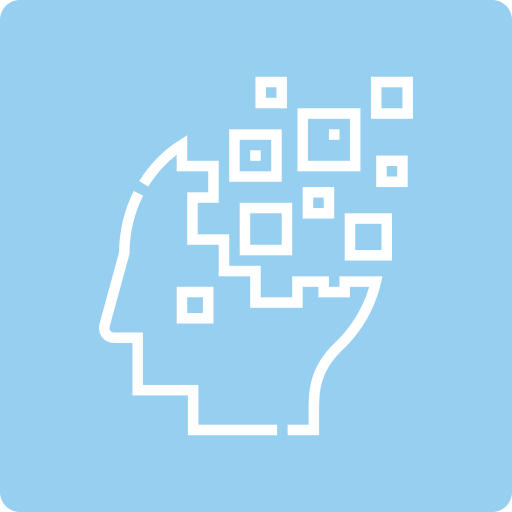
ADHD Assessments
Attention deficit/hyperactivity disorder (ADHD) is a medical term used to describe differences with attention and concentration, processing emotions, and responding to the environment. This can make learning, relationships, and working more difficult.
There is not just one assessment for ADHD. Assessment processes differ for children and adults, and every assessment process will be tailored to the needs of the individual. Our assessment process considers personal history, learning skills, thinking skills, and social interactions. This means completing interviews, observations, reviewing any previous reports as well as formal assessments. Our final report will contain personalised recommendations.
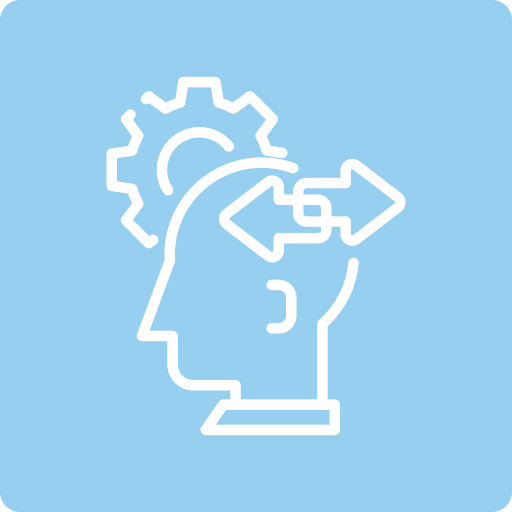
Behavioural Assessment
A behavioural assessment is a broad assessment process that will be tailored to each individual’s needs. This assessment looks at the context in which challenges might be occurring and looks to support them through recommendations. This assessment process uses comprehensive developmental interviews, observation, and standardised assessments that examine the impact of executive functioning such as ADHD, daily living skills, trauma, neurodiversity, and mental health concerns on everyday functioning.

Employment Screening
To help find the right person for the job, it is important to have the right tools with reliable information in order to ask the right questions. Psychometric assessments, which are tailored to the needs of your business can broaden the employment screening process in a way that is meaningful and vital for the greatest asset to your workplace.
Trauma-informed Assessments and Approach ( top end )
Trauma-informed assessments and considerations are based on the individual and the reason for the assessment. These assessment approaches are used for individuals with trauma backgrounds, those who have been through adverse experiences, foetal alcohol spectrum disorders, and children in out-of-home care.

